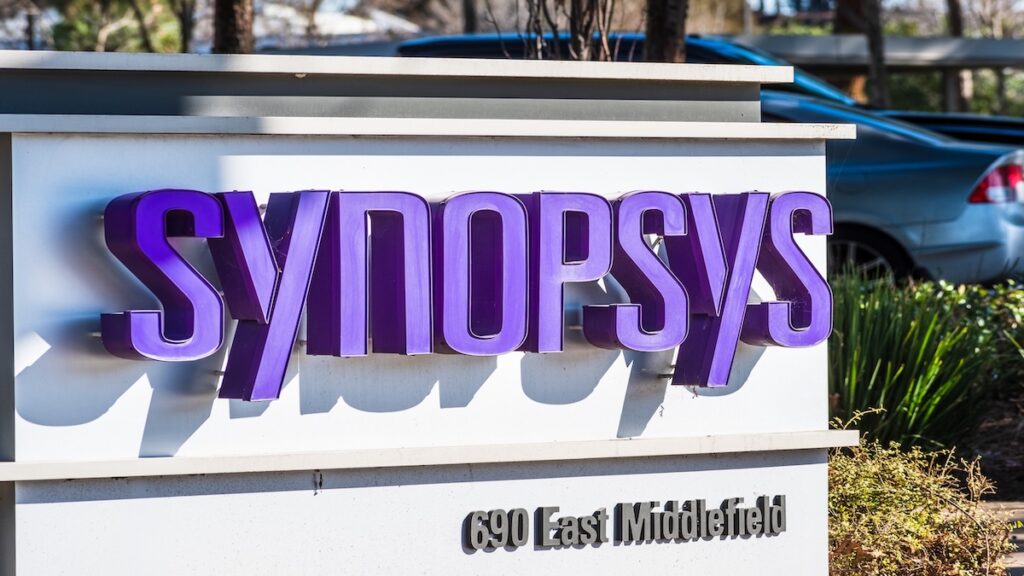Table of Contents
The Silicon Valley company is set to cut approximately 2000 jobs worldwide as it looks to redirect investment towards high-growth opportunities.
In sum — what to know:
Estimated timeline: Synopsys expects most layoffs to take effect in fiscal 2026.
Broader restructuring efforts: The plan also includes closing certain sites.
Near-term goal: The company will focus on capitalizing highest-growth opportunities and improving efficiencies.
For about a month, rumors had been circulating among staff that Synopsys would downsize after the deal with Ansys closed. Some even correctly predicted a November timeline. Regulatory filings now confirm those concerns.
Synopsys will lay off 10% of its workforce — approximately 2,000 employees — as the company embarks on a restructuring plan following its $35 billion cash-and-stock M&A of engineering simulation company Ansys.
As part of the restructuring, the chip design giant will also close select cites, a move the company says will allow it to invest in targeted growth areas and drive efficiencies in the post-merger scenario.
Synopsys expects to incur up to $350 million in pre-tax charges for “severance and other one-time termination benefits” as well as costs tied to site closures.
″We are taking a number of targeted steps to improve our efficiency to scale the business, accelerate our strategy, and capitalize on the highest-growth opportunities,” a company spokesperson told the San Francisco Chronicle.
“We do not take these measures lightly and are committed to treating impacted employees with respect and providing support through the transition,” they added.
The restructuring, which began this month, is set to finish in 2027, with most of the job cuts coming in fiscal 2026. At its Sunnyvale headquarters alone, roughly 200 positions will be terminated, according to a layoff notice filed with California’s Employment Development Department this week.
Synopsys develops software and hardware tools used in design and verification of advanced silicon chips. Its clients include notable chipmakers like Nvidia, Intel, and Qualcomm. Recently, the company has encountered a series of headwinds. Ongoing export restrictions in China and Intel’s foundry struggles have slowed down new chip design activity. In its latest earnings result, Synopsys fell short of market expectations. Although at $1.74 billion, revenue was up 14% year-over-year, both results and guidance missed targets by a wide margin, sending the stock crashing.
As we reported in our newsletter, Synopsys was also hit by a class-action lawsuit last week, alleging that the company’s increased investment in AI led to investor losses. The same week, Chief Revenue Officer, Rick Mahoney stepped down from his position, effective immediately. A replacement has not yet been announced.
Post-merger layoffs are becoming increasingly common in the tech sector. Worryingly, the pattern holds in some of the most high-profile cases, the Broadcom-VMware acquisition being one of them.



